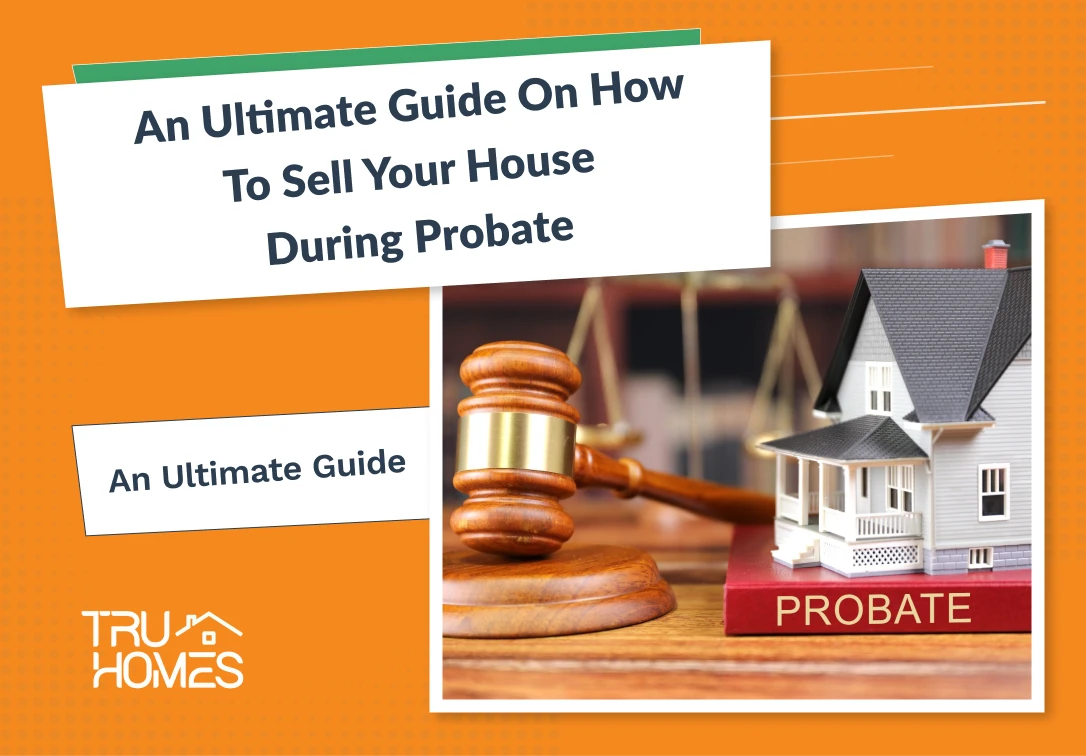- Can I sell a property in Florida before completing the probate process?
In most cases, you cannot sell a property in Florida before finishing the probate process. The Personal Representative (PR) typically requires probate permission to sell the property. Exceptions may apply if the property was jointly owned with a living spouse or had a special legal setup like a trust.
- What does the probate process involve in Florida?
The probate process in Florida generally includes initiating the process with the court, appointing a Personal Representative, creating an inventory of the deceased person’s assets, settling outstanding debts, and distributing the remaining assets to beneficiaries in accordance with the deceased’s wishes or the law.
- Who is the Personal Representative, and what are their responsibilities in Florida probate?
The Personal Representative in Florida is responsible for managing the deceased person’s assets, including selling real estate. Their duties include handling financial matters, paying off debts, and ensuring the proper distribution of assets to beneficiaries or heirs.
- How do I determine the value of a property before selling it during probate?
It’s advisable to engage a professional, such as a real estate agent or appraiser, to assess the property’s value. This assessment helps you determine the appropriate sale price for the property.
- What is the role of the court in selling a property during probate in Florida?
In Florida, the court’s approval is required to sell a property during probate. Once you receive an offer, you must inform the court, and they will assess whether the deal is in the best interest of the estate and the involved parties. If the court approves the sale, you can proceed with the transaction.
Selling a property in Florida during the probate process can be tricky. Probate is what happens when someone passes away and their belongings, like houses and money, need to be sorted out. This guide will help you understand how to sell a property during this time. If you’re responsible for managing the deceased’s property or you’re set to inherit it, this guide will be useful. We’ll walk you through key steps like getting the right legal permissions, figuring out the property’s value, putting it up for sale, and finalizing the sale.
Can You Sell a House Before Probate?
Most of the time, you can’t sell a property before finishing the probate process. This is because the person in charge (known as the Personal Representative or PR) isn’t allowed to without probate permission. If you try to sell without this, it might cause legal problems. But, there are some cases where it’s okay. For instance, if a husband or wife is still living and they both owned the property, they might be able to sell without probate. Also, if the person who passed away had a special legal setup (a trust) for the property, selling without probate might be okay.
It’s a good idea to get help from someone who knows a lot about probate, especially when selling property, as it can get complicated.
Understanding the Probate Process
Before selling a property during probate, it’s important to understand what probate is. The rules can change depending on where you are, so talking to a local lawyer is a smart move. Generally, probate includes:
- Starting the process with the court.
- Picking someone to be in charge of the deceased person’s belongings.
- Making a list of everything they owned and finding out how much it’s worth.
- Paying off any money they owed to others.
- Giving out what’s left to family members or others, based on either the deceased person’s wishes or the law.
Identifying the Personal Representative
In Florida, when someone passes away, someone else has to be in charge of their things. This person is called a personal representative, but some people might call them an executor. This person’s job is to handle all the stuff the deceased person owned, including selling houses. It’s important to know what this person can and can’t do.
Evaluating the Property’s Value
Before selling the house, you need to know how much it’s worth. It’s a good idea to get someone who knows about house prices, like a professional or a real estate agent, to check the house’s value. This way, you’ll know how much to sell it for.
Gathering Necessary Documentation
Before you can sell the house, you need to get all the important papers ready. This includes things like the death certificate, the person’s will, official papers from the court, and other important documents. Keeping these papers organized will make the selling process easier.
Listing the Property
When you’re ready to sell, make sure you show off the house’s best features. Tell people about the special things in the house, where it’s located, and if you’ve made any improvements recently. Getting a good photographer to take pictures can help because nice photos can attract more buyers.
Marketing the Property
After listing the house, you need to tell people it’s for sale. Use online websites, social media, and even newspapers to share the news. Sometimes, letting people visit the house through open houses can also help get attention and interest.
Negotiating Offers
When you get offers for the house, go over them carefully. It’s a good idea to have a real estate expert or another professional help you. Look at what the offers say about the price, how the buyer plans to pay, and any special conditions they have. Talk with the buyers to get the best deal for the house.
Securing Court Approval
In Florida, if you want to sell a house during probate, you need the court’s okay. Once you choose an offer, let the court know about it. They’ll check if the deal is good for the house and the people involved. If the court says yes, you can move forward with selling the house.
Place Your Trust in TruHomes
TruHomes is a well-known name in Florida for helping sell houses during probate. They really understand how the probate process works and have helped many people sell their houses smoothly. At TruHomes, they know all the legal steps and rules. Their experienced team will guide you from start to finish, making everything easier. They’ll help value the house, handle all the paperwork, and make sure the sale is advertised well. Their goal is to help you sell the house during probate without any worries.
Concluding the Sale
When it’s time to finish the sale, everyone comes together: the buyer, the seller (which is the estate), and their lawyers or agents. Everyone signs the needed papers. After that, the money from the sale is given out based on what the court says.

 +1-813-538-1868
+1-813-538-1868